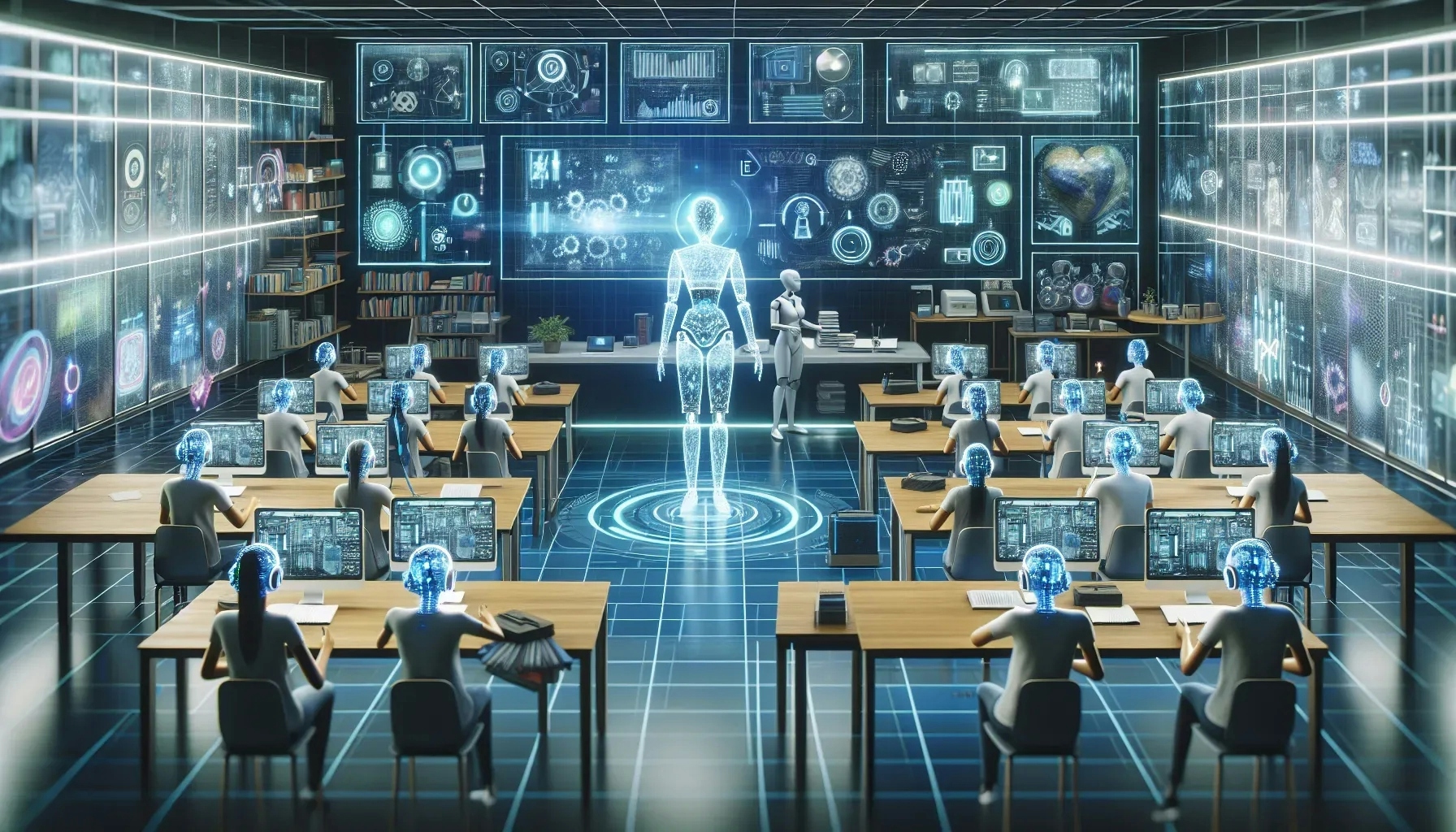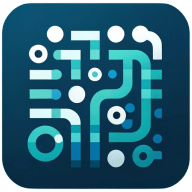Welcome to a deep dive into the exciting world of artificial intelligence (AI) education. As we navigate through the 21st century, AI continues to shape our lives in unprecedented ways. Education, a cornerstone of human development, is not immune to this influence. This blog post will explore the advancements in AI education, highlighting its impact, potential, and the challenges it presents.
The Dawn of AI in Education
Artificial Intelligence has been making waves in various sectors, and education is no exception. The integration of AI in education started with simple tools designed to make teaching and learning more efficient. These tools included intelligent tutoring systems and adaptive learning software.
As technology advanced, so did the sophistication of AI tools in education. Today, we have AI systems capable of grading assignments, providing personalized learning paths, and even identifying gaps in a student's understanding. These advancements have not only made education more accessible but also more personalized.
Personalized Learning with AI
One of the most significant advancements in AI education is the development of personalized learning systems. These systems use AI algorithms to adapt to the learning style and pace of each student. They analyze a student's performance and use this data to modify the teaching approach, ensuring optimal learning.
Personalized learning systems have revolutionized education by making it more student-centric. They have also made it possible for students to learn at their own pace, reducing the pressure often associated with traditional learning methods. Despite these benefits, the implementation of personalized learning systems is not without challenges. Issues such as data privacy and the digital divide are significant concerns that need addressing.
AI and the Future of Assessment
Assessment is a critical aspect of education. It helps educators understand a student's progress and identify areas of improvement. Traditional assessment methods, however, can be time-consuming and often fail to provide a comprehensive view of a student's abilities.
AI is changing this narrative. With advancements in AI education, we now have systems capable of grading assignments and providing instant feedback. These systems use natural language processing and machine learning algorithms to assess a student's work accurately. They not only save time but also provide a more objective assessment of a student's performance.
AI Tutors and the Democratization of Education
The advent of AI tutors is another significant advancement in AI education. These virtual tutors use AI algorithms to provide personalized tutoring to students. They are available round the clock, making education more accessible to students worldwide.
AI tutors are particularly beneficial for students in remote areas or those who cannot afford private tutoring. They provide a platform for these students to learn and improve their skills without the constraints of time or location. However, the effectiveness of AI tutors is still a topic of debate. Critics argue that they cannot replace the human touch in education, while proponents believe they are the future of learning.
Challenges and Ethical Considerations in AI Education
While the advancements in AI education are impressive, they also present several challenges and ethical considerations. Data privacy is a significant concern. AI systems collect vast amounts of data to function effectively, raising questions about the security and use of this data.
Another challenge is the digital divide. While AI has the potential to democratize education, it also risks widening the gap between those with access to technology and those without. It is crucial to address these issues to ensure that the advancements in AI education benefit all students.
The Road Ahead for AI in Education
The future of AI in education looks promising. With continuous advancements, AI has the potential to transform education as we know it. However, it is essential to navigate this journey with caution.
Addressing the challenges and ethical considerations associated with AI education is crucial. Stakeholders must also ensure that the use of AI in education complements human teachers rather than replacing them. With the right approach, AI can revolutionize education, making it more personalized, efficient, and accessible.
Summing Up the Journey of AI in Education
The advancements in AI education have been nothing short of revolutionary. From personalized learning systems to AI tutors, AI is reshaping the educational landscape. While the journey is exciting, it is also fraught with challenges. Addressing these challenges and ensuring the ethical use of AI in education is crucial. As we continue to explore the potential of AI in education, let's strive to create a future where technology and human ingenuity work hand in hand to provide quality education for all.

